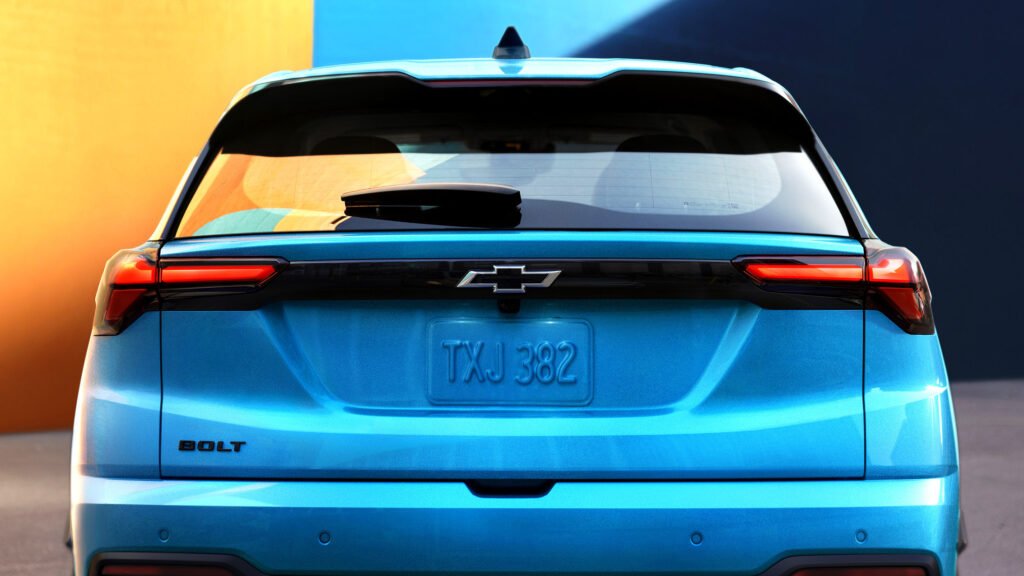

- Ford and GM have abandoned plans to use the EV tax credit loophole.
- The move comes after a Senator said they were “bilking” taxpayers.
- The companies are now offering their own incentives to prop up demand.
In an era where many companies suck up to the Trump Administration, Ford and GM dared to be different. They rather blatantly exploited a loophole to extend the clean vehicle tax credit beyond its September 30 expiration date.
There’s a lot of back story, but the IRS released guidance earlier this year saying the credit could be extended to vehicles received after September 30 as long as there was a “written binding contract” as well as a nominal down payment.
Playing the System
To take advantage of this, Ford and GM used their financing arms to place down payments on EVs and stop the clock. This means they could then lease those vehicles to consumers at discounted rates.
More: Ford And GM Found A Clever Loophole To Keep The EV Tax Credit Alive
Needless to say, this raised a lot of eyebrows and Ohio Senator Bernie Moreno wasn’t happy. In a letter to Treasury Secretary Scott Bessent, he said the IRS guidance was “being taken advantage of by certain car companies who wish to continue bilking the U.S. taxpayer.”
He added, they’re “gaming this guidance by instructing their captive financial entities to enter into written binding agreements with dealers for electric vehicles, paying a nominal down payment, to secure the credits on vehicles that may not be leased to the end user for months.”

Moreno also mentioned the “Green New Scam,” so that might tell you about his feelings towards EVs. Regardless, GM and Ford have apparently decided the bad optics and pressure weren’t worth it.
Backing Down
GM was the first to fold and they were quickly followed by Ford. As a spokesperson told Reuters, “Ford will not claim the EV tax credit, but will maintain the competitive lease payments we have in the market today.”
Speaking of which, Ford is promoting a 2025 Mustang Mach-E Select lease for $253 per month. That’s for 36 months with $3,493 due at signing and an allowance of 10,500 miles (16,898 km) annually. Of course, there are plenty of caveats.



